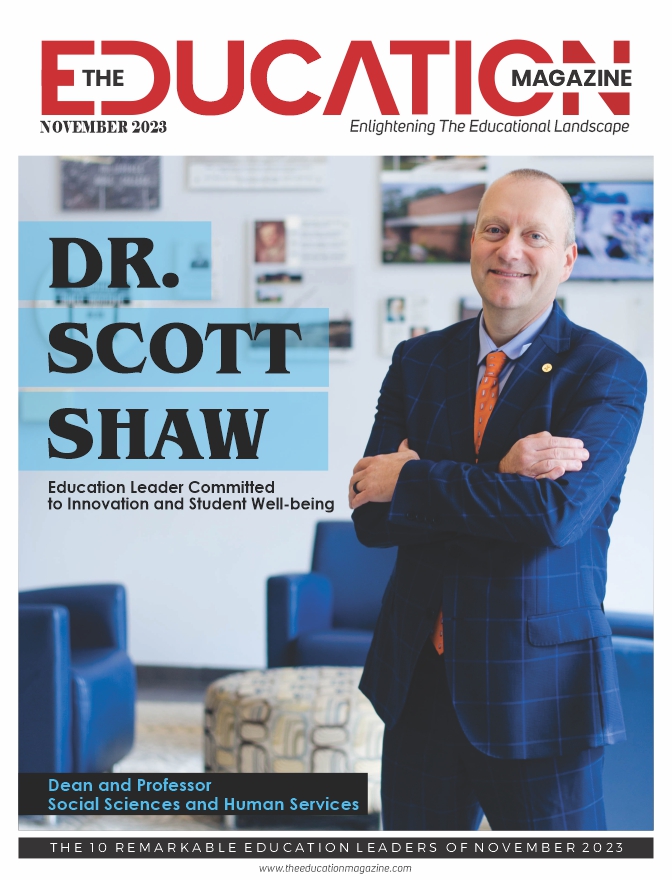In the dynamic and ever-evolving landscape of education, where the pursuit of knowledge and the development of young minds take center stage, the well-being of teachers has emerged as a critical and often neglected facet. The demanding nature of the profession, coupled with societal expectations and evolving pedagogical landscapes, frequently places the physical and mental health of educators on the back burner. This comprehensive exploration aims to delve into the escalating concerns surrounding the health of teachers and provide nuanced insights on how both educators and school administrators can collaboratively contribute to cultivating a healthier, more sustainable, and ultimately more successful educational ecosystem.
I. The Growing Concerns:
Physical Health Struggles:
As the unsung heroes of academia, educators ardently dedicate themselves to the noble task of shaping the minds of the future. However, this dedication comes at a cost – the toll on their physical health. Long hours spent in sedentary positions, often hunched over lesson plans and grading, contribute to a myriad of health issues. From musculoskeletal problems to cardiovascular concerns, the physical strain on teachers is palpable and requires urgent attention. The relentless pace of academic life, coupled with administrative responsibilities, often leaves educators with little time for prioritizing their own physical well-being.
Mental Health Challenges:
Beyond the tangible physical challenges, the mental health of teachers is increasingly becoming a cause for concern. The weight of responsibilities, ranging from meticulous lesson planning to addressing the diverse and unique needs of every student, can be emotionally taxing. The relentless pressure to meet ever-evolving academic standards, coupled with the emotional investment in the success of every student, puts educators at risk of burnout, anxiety, and depression. The stigma surrounding mental health in many educational settings further exacerbates these challenges, making it essential to address this issue head-on.
2. Strategies for Educators:
Prioritize Self-Care:
Recognizing the need for a paradigm shift in the education ecosystem, educators must actively prioritize self-care. Simple yet impactful practices, such as regular exercise, adequate sleep, and mindful breaks, can significantly enhance both physical and mental resilience. By adopting a proactive approach to personal well-being, teachers can better navigate the demands of their profession. Incorporating wellness practices into daily routines, such as taking multivitamins or a B12 supplement, preparing and taking lunch to work, short mindfulness exercises or group physical activities, can create a supportive environment that encourages holistic well-being.
Establish Boundaries:
One key strategy for educators to safeguard their well-being is the establishment of clear boundaries between work and personal life. The permeation of digital technology into every aspect of our lives has blurred these lines, making it crucial for teachers to consciously delineate specific times for work-related tasks and leisure activities. This intentional separation helps prevent burnout and fosters a healthier work-life balance. Encouraging schools to develop policies that promote reasonable working hours and provide guidelines for after-hours communication can further support educators in maintaining these crucial boundaries.
Seek Support Networks:
Teaching, often seen as a solitary profession, can be isolating, with educators grappling with challenges in solitude. Establishing and nurturing a robust support network, both within and outside the educational community, is paramount. The power of open communication cannot be overstated; sharing experiences, seeking advice, and finding solace in a community of like-minded professionals can significantly contribute to maintaining mental well-being. School districts and educational institutions can facilitate the formation of such networks by organizing regular forums, support groups, or mentorship programs that promote a culture of collaboration and shared experiences.
3. The Role of School Administrators:
Implement Well-being Programs:
Acknowledging the symbiotic relationship between teacher well-being and the overall health of the educational institution, school administrators must take proactive measures. Implementing comprehensive well-being programs is an effective strategy. Workshops on mindfulness, fitness initiatives, and access to counseling services can provide educators with essential tools to navigate the challenges inherent in their profession. These programs can be integrated into professional development initiatives, ensuring that well-being becomes an integral aspect of the continuous growth and learning journey of educators.
Encourage Professional Development:
The responsibility for fostering a culture of well-being extends to school administrators, who should prioritize professional development opportunities focused not only on academic excellence but also on stress management, resilience building, and effective time management. Investing in the growth and well-being of educators not only enhances individual performance but also positively impacts the overall quality of education. By acknowledging the multifaceted demands placed on teachers and providing targeted support through ongoing training and development, administrators contribute to the creation of a sustainable and supportive educational environment.
Promote Flexibility:
Recognizing the diverse needs of teachers, school administrators should explore and implement flexible policies. This includes flexible scheduling options and, where feasible, remote work policies. The acknowledgment that one size does not fit all in education is crucial. Providing flexibility in work arrangements allows educators to tailor their work environment to their individual needs, mitigating some of the pressures associated with the traditional classroom setting. By adopting a more flexible approach to policies and practices, school administrators can create an inclusive environment that accommodates the diverse needs of educators, fostering a sense of empowerment and job satisfaction.
The well-being of teachers is not just a concern; it is an imperative for the sustenance and progress of our education system. By acknowledging and actively addressing the multifaceted concerns surrounding the physical and mental health of educators, we can create an environment that not only nurtures the growth of students but also supports the individuals who play a pivotal role in shaping their futures. It is time for a collective and concerted effort to prioritize the well-being of our educators, ensuring they can continue to inspire and educate with passion, dedication, and unwavering resilience. In doing so, we fortify the foundation of education, creating a positive ripple effect that extends far beyond the confines of the classroom, shaping a future where both educators and students thrive.
ALSO READ: The Future of Education: Embracing Technological Innovations and Holistic Learning










